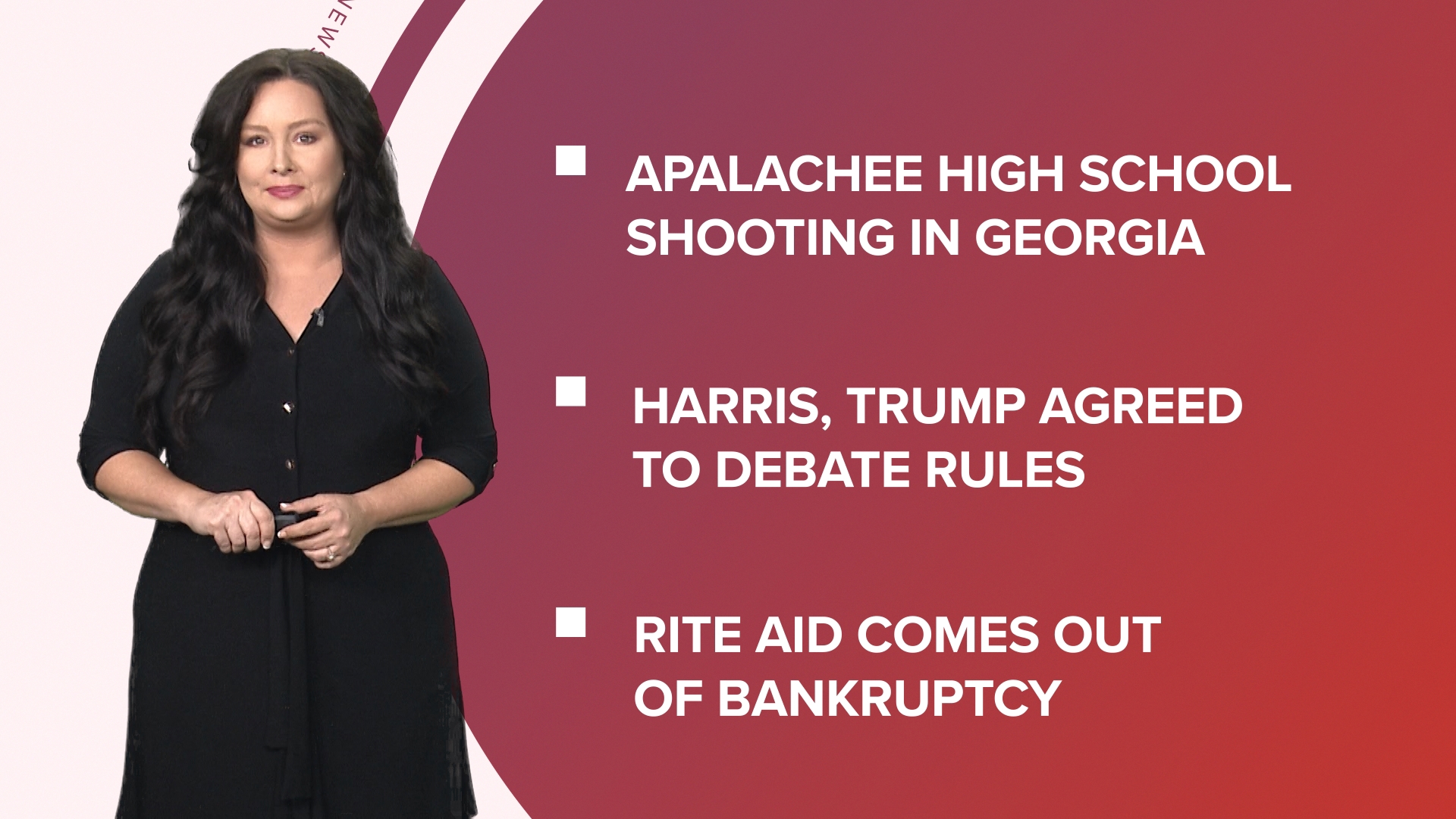WASHINGTON — The federal election subversion case against former President Donald Trump returned to a trial judge’s courtroom in familiar form Thursday, with prosecutors and the defense arguing over how – and, more importantly, at what pace – the case should proceed after the U.S. Supreme Court’s presidential immunity decision this summer.
The case, which accuses Trump of helming three interlinking conspiracies to unlawfully overturn the results of the 2020 election, had been on hold since last December as Trump argued through the appellate system that he was absolutely immune from prosecution as a former president. The Supreme Court declined to go that far in its July ruling, but did lay out a new and expansive doctrine that would grant Trump immunity for official acts taken while in office – including presumptive immunity for alleged conversations with former Vice President Mike Pence which sit at the heart of the case.
Trump attorney John Lauro argued Thursday those immunity issues must be resolved first. He argued the special counsel’s proposed plan, which would have U.S. District Judge Tanya S. Chutkan resolve immunity issues in tandem with a more typical briefing schedule, would be “enormously unfair” to Trump.
“If in fact those [communications] are immune, then that entire indictment is improper and illegitimate,” Lauro said. “And that’s a gateway issue your honor needs to decide right away.”
Recognizing any decision by Chutkan will be appealed to the D.C. Circuit and possibly once again go before the Supreme Court, senior assistant special counsel Thomas Windom suggested the best course forward would be a “comprehensive discussions and description of both pled and unpled facts.”
Windom said that would maximize judicial efficiency by limiting the inevitable appeal to a single filing. Lauro, who has proposed a briefing schedule on the issue that would stretch well into next year, opposed that, saying the special counsel’s office was attempting to put damaging evidence against Trump into the public record “at this incredible sensitive time in our nation’s history.”
Trump’s attorneys have been transparent from the get go that they would like to see the case pushed back to well after the 2020 election. In a filing last August, Lauro proposed a schedule that would delay any potential trial until at least 2026. Chutkan has repeatedly said she would not let the election impact the case, and repeated herself again Thursday.
“Let’s discuss what the sensitive time is. I understand there’s an election pending. I have said before, and I will say again, that the election is not relevant here,” Chutkan said. “This court is not concerned with the electoral schedule.”
Chutkan also pushed back on Lauro’s claim that there was a “rush to judgment” in the case.
“This case has been pending for over a year,” Chutkan said. “We’re hardly sprinting toward the finish line here.”
“There’s no rush to judgment here,” she continued. “But there is a recognition that, like any criminal case, it’s going to proceed in the normal course. We’ve had a year of a stay, and there needs to be some forward motion regardless of the election.”
Chutkan did not rule on the schedule Thursday, but said she intended to do so swiftly.
In addition to scheduling concerns, Chutkan agreed to allow Lauro to file a new motion seeking to dismiss the case on the grounds that Special Counsel Jack Smith was unlawfully appointed – the same reasoning another federal judge, U.S. District Judge Aileen Cannon, followed to dismiss the separate Mar-a-Lago documents case in Florida. That decision is under appeal, and Chutkan said a similar filing would be unlikely to meet with success due to binding D.C. Circuit Court precedent.

